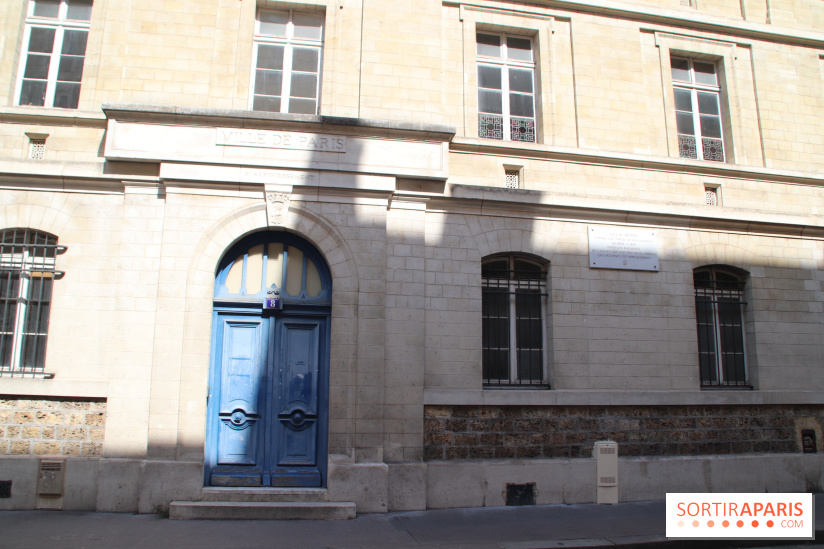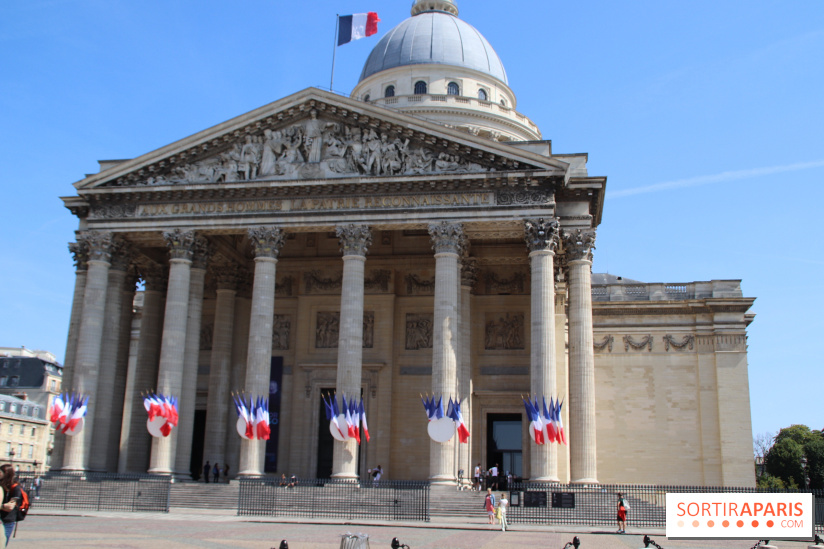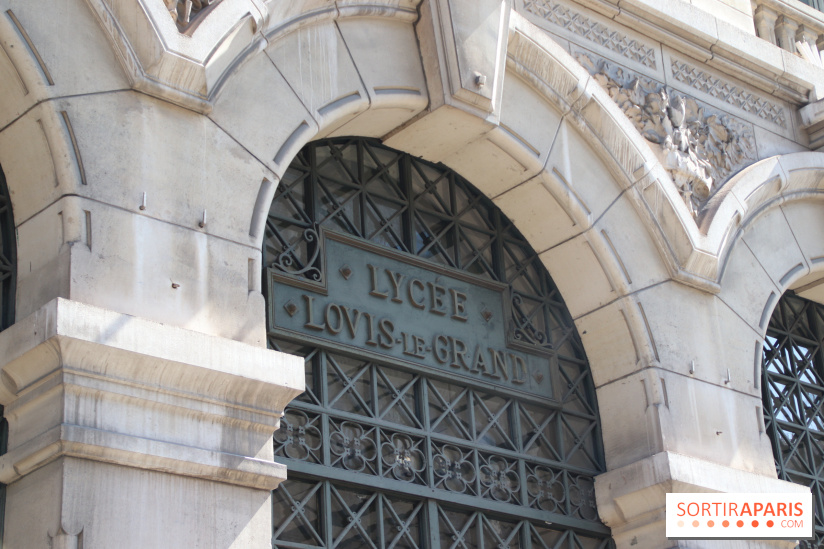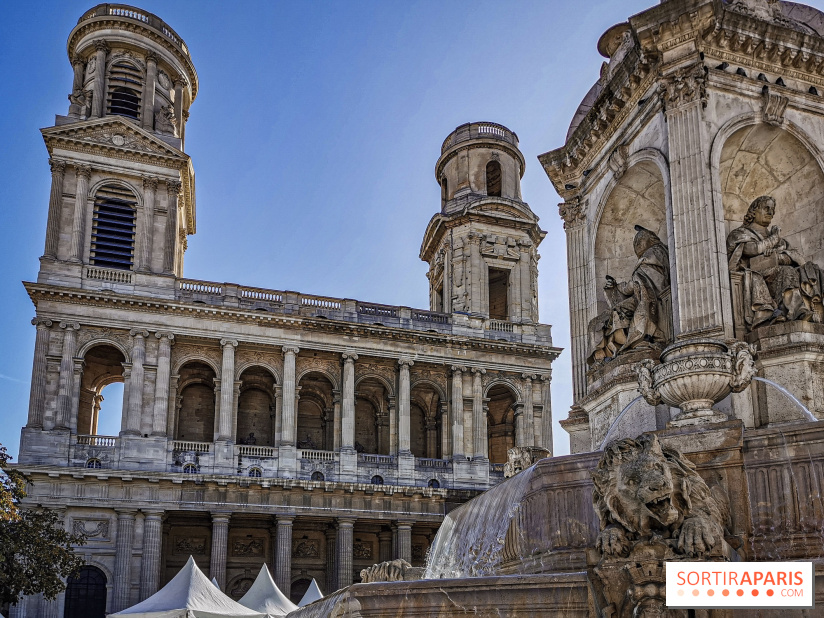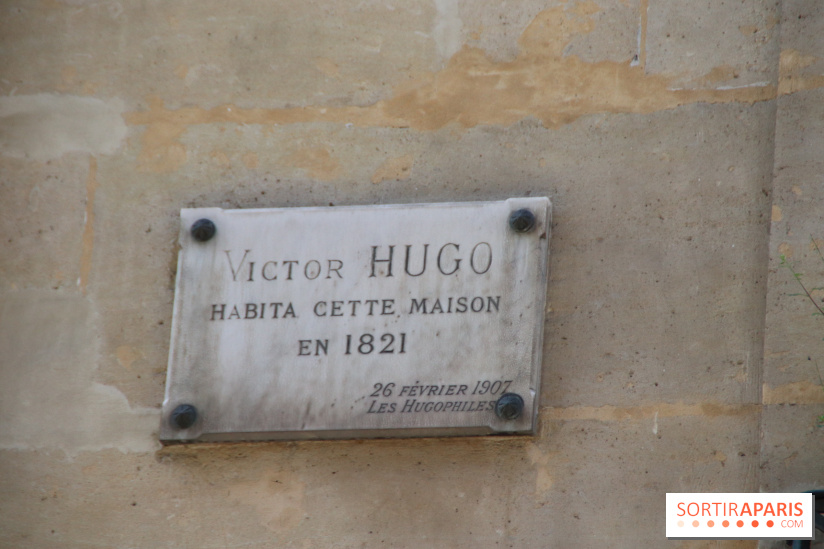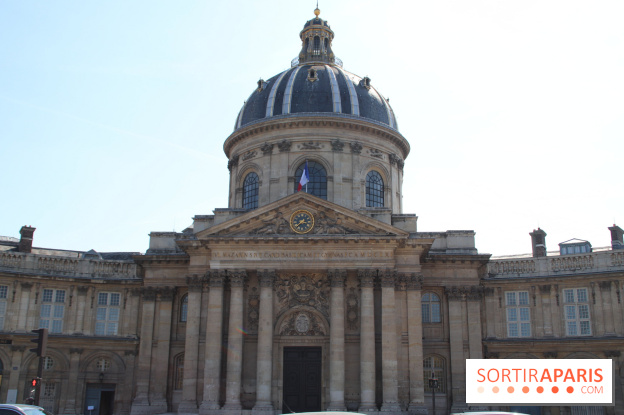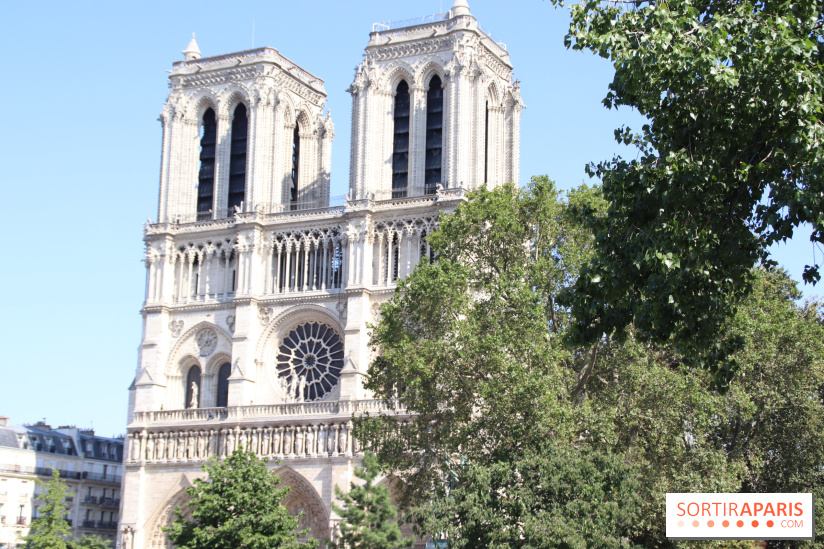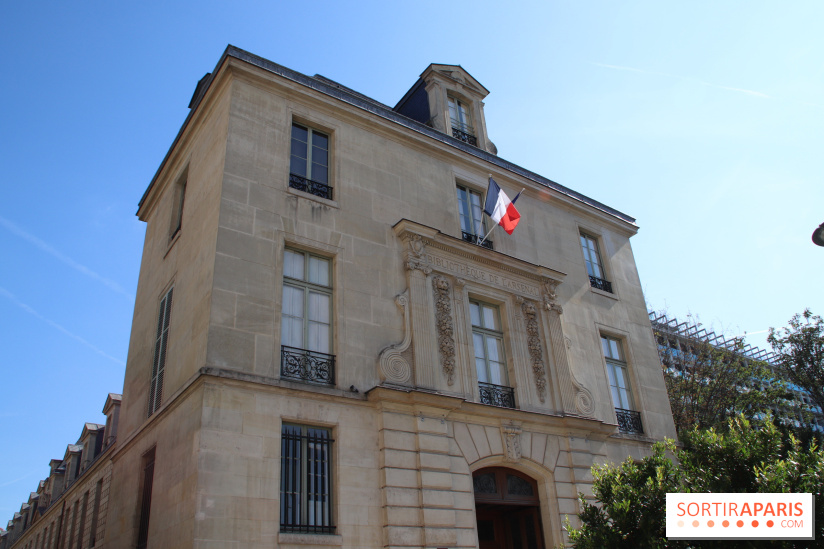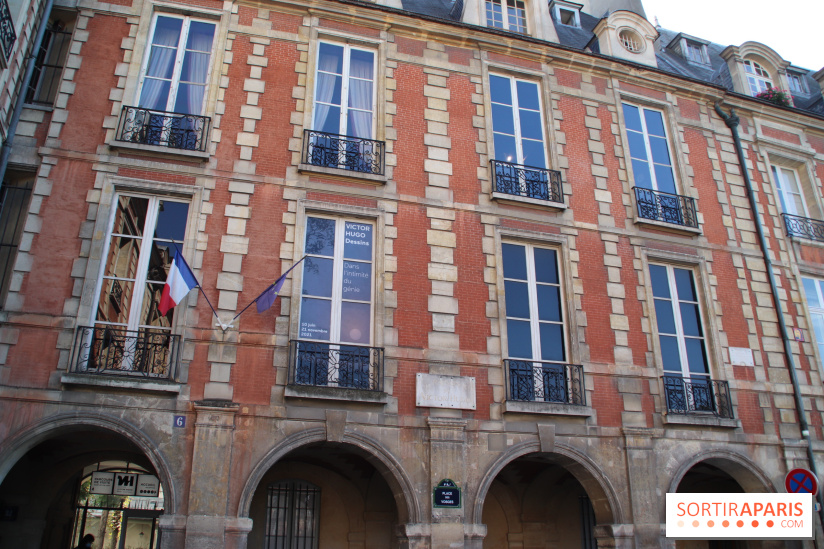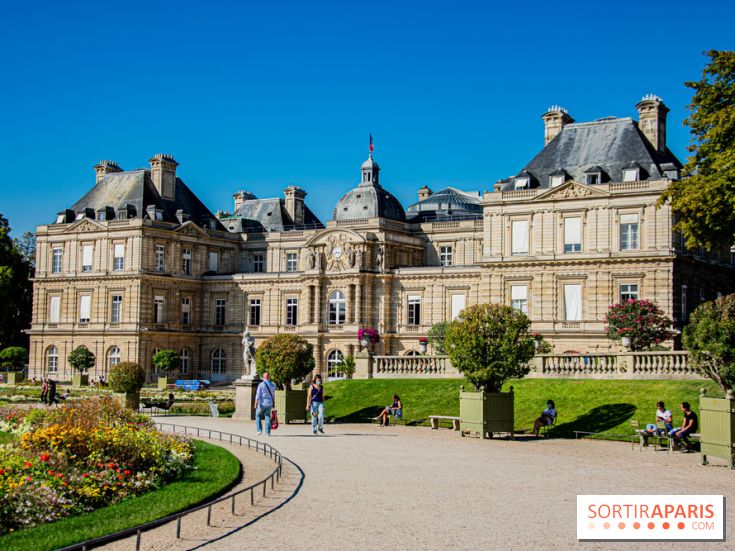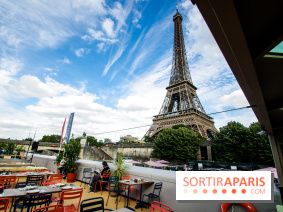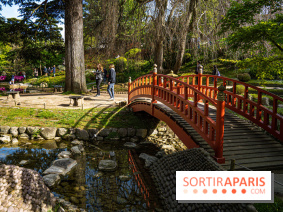We invite you to take a stroll in the footsteps of the places that made the legend of the famous French writer Victor Hugo ! Born in Besançon, he spent most of his life in the capital, with nearly 25 Paris residences in his 83 years of life. Many of the City of Light's most emblematic landmarks also marked the life of this remarkable French poet and writer, who was involved in numerous battles.
It will take you around 3 hours to tour thesehistoric sites on foot, but it's much quicker by bike or scooter if your feet start to get tired!
We begin our epic journey close to the Val-de-Grâce, on the outskirts of theformer Feuillantines convent, where the family of the young Victor Hugo rented an apartment from 1808 to 1813. A plaque on the building's façade explains the site's interest to passers-by. On our way, other plaques indicate the presence of a great man on these premises, Louis Pasteur, the great French scientist. We even pass Simone Veil on the way to our next destination.
RER B: Port-Royal
After a few minutes' walk, we arrive at the imposing Panthéon, the final resting place of the illustrious men (and women) of the Republic, and thus of Victor Hugo. Until September 30, 2021, this majestic building will host the exhibition"Victor Hugo, la Liberté au Panthéon", to mark the 135th anniversary of the writer's state funeral. This is the perfect time to admire the architecture of the Latin Quarter and the many renowned buildings surrounding the Panthéon: the town hall of the 5th arrondissement, the Panthéon-Sorbonne University, the Sainte-Geneviève Library and theSaint-Etienne-du-Mont church.
RER B: Luxembourg
A little further on, opposite Paris-Sorbonne University, is the Lycée Louis-le-Grand, where Victor Hugo attended preparatory classes in mathematics, before making a radical switch to the literary arts. A significant decision, as Voltaire and Molière had studied here before him.
A few metro stops and we're in front of the superb church of Saint-Sulpice. On October 12, 1822, Victor Hugo married his childhood sweetheart Adèle Foucher in this church . Four children were born of this marriage, andtheir life together lasted almost forty-six years, despite a few disputes within the couple.
Metro 10: Mabillon
Let's take a detour to nearby Rue du Dragon. A new plaque indicates Victor Hugo's presence at number 30, in the little garret at the very top, in 1821. He wrote several works in this little room, including his first collection "Odes et Ballades", published in June 1822.
A ten-minute walk later, as you head back up towards the Seine, you can admire theAcadémie française. A landmark of French literature, it is located just in front of the Pont des Arts. Victor Hugo's association with this emblematic place began early. When he was just fifteen, he entered a poetry contest that he came close to winning, but the Académie believed it to be a hoax. Much later, on January 7, 1841, after three unsuccessful attempts due to his opponents, Victor Hugo was elected to theAcadémie française, where he held chair no. 14.
To get to the Paris cathedral under construction, let's take advantage of the tranquility offered by theÎle de la Cité. Despite the fire that ravaged the roofs of Notre-Dame, the facade has lost none of its splendor. This historic Parisian monument inspired Victor Hugo to write his most emblematic work, published in 1831.
Metro 4: Cité
Crossing theÎle Saint-Louis, you'll find the Bibliothèque de l'Arsenal, part of the Bibliothèque nationale de France. Charles Nodier, who was its librarian, was also a friend of Victor Hugo. It became the headquarters of the Cénacle and the cradle of Romanticism, from which the young writer drew many influences and ideas.
Metro 7: Sully-Morland
The Maison de Victor Hugo, located at 6 place des Vosges in Paris, was his home for sixteen years, from 1832 to 1848, and was subsequently converted into a museum by his friend Paul Meurice. Inaugurated in 1903, the museum is now managed by the Mairie de Paris. Victor Hugo wrote some of his greatest works in his apartment at the Hôtel de Rohan-Guémené, and welcomed his writer friends including Balzac and Lamartine.
Metro 1: Bastille
The metro takes us right past the Comédie française, where the play Hernani was performed on February 25, 1830. It was a famous premiere, as the Romantics and old-timers in the room soon began to quarrel over the play. The battle went down in literary history as the"Battle of Hernani", and marked the success of the play and its posterity. He would go on to present many other works at this legendary theatrical venue, before setting up his own theater, the Théâtre de la Renaissance, with Alexandre Dumas, in 1836.
Metro 1: Palais Royal - Musée du Louvre
A staunch defender of the Republic, Victor Hugo became mayor of Paris's 8th arrondissement on February 25, 1848. A member of parliament under the Second Republic, he faced many disappointments in his political career, and ended up in exile for 19 years, having become an opponent of the powers that be.
Metro 3 : Europe
After a few hours, we end our historical walk in the footsteps of Victor Hugo at the place where he died. He died on May 22, 1885, in his private mansion on the avenue that bears his name. Although there are many places dedicated to him, theavenue Victor Hugo was named after him during his lifetime, in 1881.A sculpture of the writer can be seen on the pediment of the building.
Metro 2: Victor Hugo
So, are you ready to follow in the footsteps of one of France's greatest writers?
Dates and Opening Time
Starts November 8, 2024
Prices
Free
Average duration
3 h
